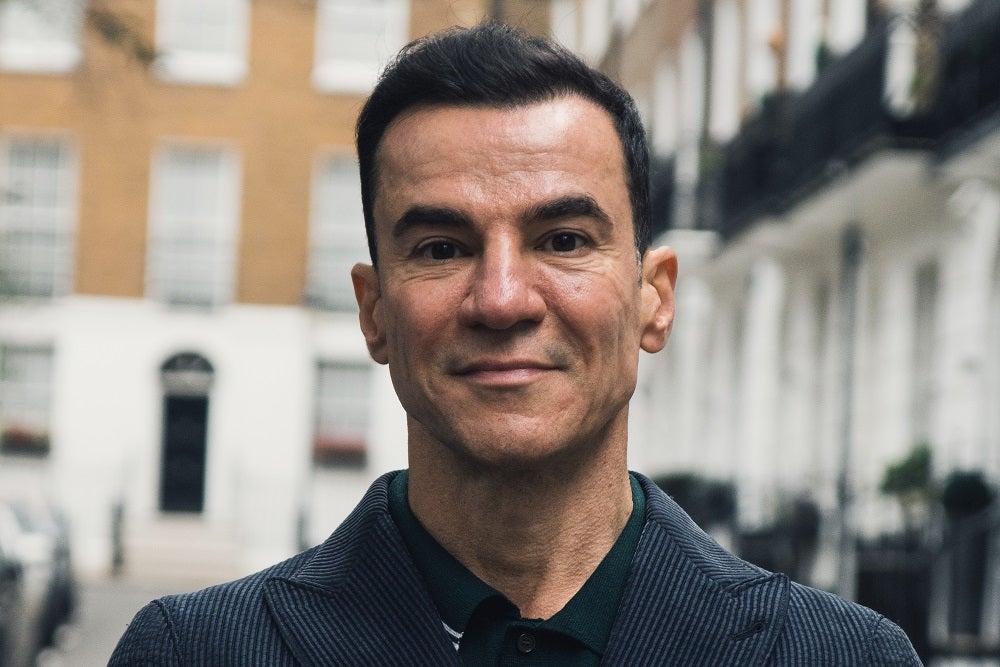Many people of a certain age might be aware of the term “millennials” and “generation Z” but not fully understand exactly what they mean, but AI could be the solution to their wealth management needs. Rami Cassis writes
However, if the financial services sector does not take the time to fully understand who these groups are, they will be committing business suicide.
Millennials and generation Z are a vitally important and influential group of financial services consumers. Wealth managers should be viewing both generations as a lucrative source of potential business and should be actively planning the tactics they will use to reach out to them.
However, this group of consumers expects a very specific way of doing business. It will therefore be vital for wealth managers to interact with them in a manner that resonates. This means starting to plan now – with artificial intelligence increasingly forming a core component of this planning.
Why are millennials and Gen Z members attractive for wealth managers?
Members of the millennial generation were born between 1981 and 1996, making them aged between 28 and 43. Generation Z incorporates those born between 1997 and 2012, making its oldest members 27, while its youngest are just 12.
Both generations already have a high degree of financial clout. The oldest millennials hold senior positions within their workplace, commanding high salaries and high responsibilities. They are likely to have a partner and either already have a family, or are thinking of starting one, leading to thoughts of future financial planning. Likewise, the oldest Gen Z members are young adults in their 20s, firmly established within the workplace – and some will already be parents and homeowners.
How well do you really know your competitors?
Access the most comprehensive Company Profiles on the market, powered by GlobalData. Save hours of research. Gain competitive edge.

Thank you!
Your download email will arrive shortly
Not ready to buy yet? Download a free sample
We are confident about the unique quality of our Company Profiles. However, we want you to make the most beneficial decision for your business, so we offer a free sample that you can download by submitting the below form
By GlobalDataThe key thing that sets both millennials and Gen Z apart from other generations is that they eat, sleep, and breathe social media. Those who form Gen Z are the first generation of true digital natives. Millennials too are heavy social media users, with various surveys putting the actual figure as anywhere from 85 per cent to 95 per cent of this generation using social media regularly.
Customer service expectations are high
The expectations of Gen Z are high due to their experiences of interacting with a seamless online offering multiple times every day.
Being able to start a journey on a mobile device is now expected and having instant support, access to vital information and the ability to obtain guidance through a chatbot or direct contact to an agent is the new norm. Likewise, millennials favour high levels of customer service, with more than half (53%) saying they would switch to a company’s competitor after just one negative customer service experience.
This is the core of their behaviour that wealth managers need to be aware of – and should already be factoring into their business development plans.
Why AI is invaluable as a tool to reach millennials and Generation Z
Despite being linked by an obsession with social media, it would be dangerous for wealth managers to assume millennials and Gen Z members are devoid of any unique characteristics.
Some will be outgoing thrill seekers, while some will be quiet and reserved. If a wealth manager tries to use the same sales pitch for everyone, conversion rates will be low. However, by analysing the behaviour of individuals, the opportunity exists for personalised approaches for millennials and Generation Z to be made thanks to AI.
By plugging in an AI tool, a wealth manager can turn the few and basic touchpoints it has on their clients’ lives, such as age, gender, geographical location, and nationality, into a a rich source of intelligence. AI can analyse behaviours such as the purchases their clients are making, what time they are accessing emails and even the tools they are using, such as a laptop or a smartphone.
If someone repeatedly buys petfood, they are likely to be an animal lover. Those who have gym memberships or pay football club subscriptions are likely to be fitness or sports fanatics.
This opens the possibility of making a very specific sales pitch.
For thrill seekers, a wealth manager might emphasise the importance of saving for an active later life filled with white-knuckle adrenaline-filled pastimes. However, for the more reserved, a gentler approach may resonate.
Although the product is the same, such as retirement planning, the route taken to approach different people will be much more tailored thanks to AI, which is likely to result in better outcomes.
Likewise, AI can tell wealth managers when to send out messages, dependent on the habits of different groups. Some might prefer an email early in the morning, others might be more receptive late at night. The possibilities are endless.
Such an individual approach will ensure that the customer service levels, so desired by the millennials and Gen Z, remain high. After all, will a thrill-seeking adrenaline junkie appreciate a bland email talking about what, in their eyes, might seem “boring”? Will those who are much more reserved appreciate an offer to save for a retirement filled with white water rafting or bungee jumping?

The chances are that if a wealth manager blitzes people with irrelevant communications, they will switch off from the provider, potentially even looking for a new one.
Millennials and Gen Z are digital natives, expecting high levels of customer service.
If a wealth manager ignores this, they do so at their own peril. If they rely on a scattergun approach, lumping all millennials and gen Z members together, expecting them to all be receptive to the same messaging, they will be making a significant mistake.
AI provides the ability to delve into the behaviour of individuals, allowing a wealth manager to use this intelligence to make hyper-personalised approaches. Such approaches will resonate much more with people, who will be much more likely to be interested in the product in question.
The wealth manager will be able to accurately advise, the financial services provider will sell more products and the client will feel valued and personalised.
Everyone is a winner.
Rami Cassis is the CEO of ieDigital, Connect and ABAKA.








